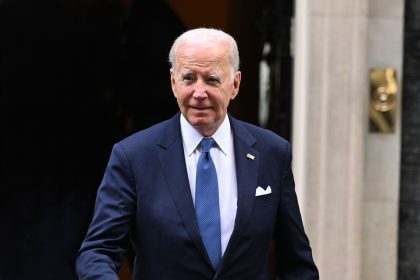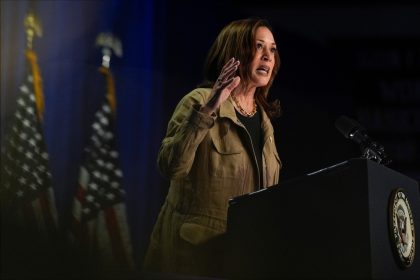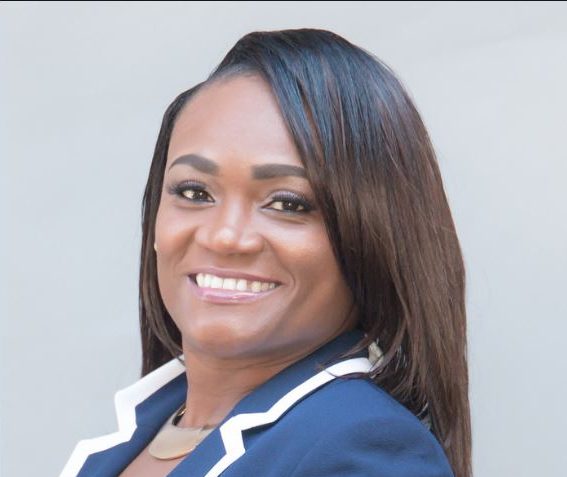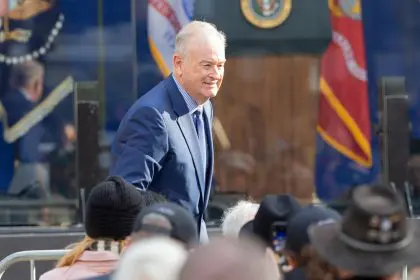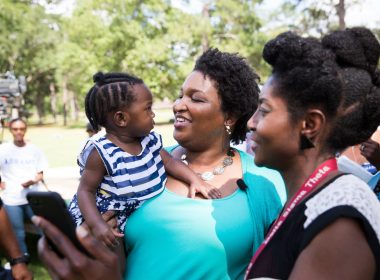Alderwoman Colby Chapman, a lifelong resident of Harvey, Illinois, and advocate for change, shares her story in an exclusive interview with rolling out. After graduating with honors from Southern Illinois University Carbondale, Colby’s dedication to education and community shines through her work with Delta Sigma Theta Sorority Incorporated and the creation of PennyUp, a nonprofit empowering youth. Recently elected as Harvey’s 2nd Ward alderwoman, she’s the first woman of color in this role since the city’s 1891 incorporation. Colby’s commitment to improving lives and fostering unity in Harvey embodies her visionary leadership, inspiring others to make lasting impacts in their communities.
Share a bit about your journey to becoming the 2nd Ward alderwoman in Harvey.
My journey was created through my legacy, a lineage committed to altruism. Since [I was young], service has been the mantra, and the second ward has been the heartbeat. My parents created an environment filled with love, honor, morals, and values. They showed what success looks like on Lexington Street.
Through my work with teens across the Chicagoland area, I deepened my desire to change our livelihood and increase our quality of life. I sought the seat of second ward Alderwoman in the year of 2019 and came up 82 votes short. In 2023, we increased our connectivity with the residents, and prayerfully, we won. I now serve as the first Black and Japanese woman in this seat since our city was incorporated in 1891. I am so thankful for all that my late aunt, Dr. Joyce Anne Chapman, poured into me; she helped me to blossom and relish my potential…
What inspired you to enter public service?
Public service allows the opportunity to give with no boundaries. I have had the opportunity to work across our Chicagoland communities to provide support to our most vulnerable. The constant hope is for more opportunity and resources. Being socially responsible and ensuring we all have a seat at the table to voice our concerns is important as we build for the next generation. Connectivity is the cornerstone.
What leadership practices do you find most effective in managing city projects and initiatives?
I believe in a democratic style of leadership, building trust, respect, commitment, and flexibility. Participatory government engages residents in the decision-making processes. Open policy discussion encourages and ensures a more inclusive and responsive government. This fosters a culture of open dialogue and collaboration, encouraging residents to contribute ideas, seeking diverse perspectives, and making decisions through consensus-building, resulting in a more inclusive and innovative community.
Why do you believe mentoring youth is critical for their personal development and the community’s future?
A millennial perspective and elder wisdom enable greatness. We can be proactive about dropping gems and ensuring those tough conversations are happening so that our communities’ future thrives. In the age of social media, we must be willing to increase the knowledge base and strengthen the gap between young and old.
What advice would you give to young women who aspire to leadership roles in politics or community service?
Keep faith and family close to keep you grounded. Proactively provoke your passion and remain humble. Respect is earned and not given. People value authenticity. No bad days — just teachable moments. Allow yourself grace. Turn off your inner critic and turn on your inner coach. Being a student forever is the key to life. Politics can be life-changing because you have the unique opportunity to be a policymaker and create laws that move the community forward.



